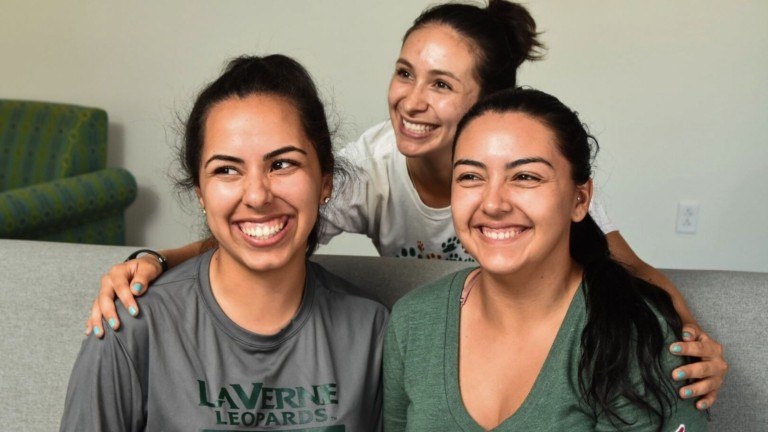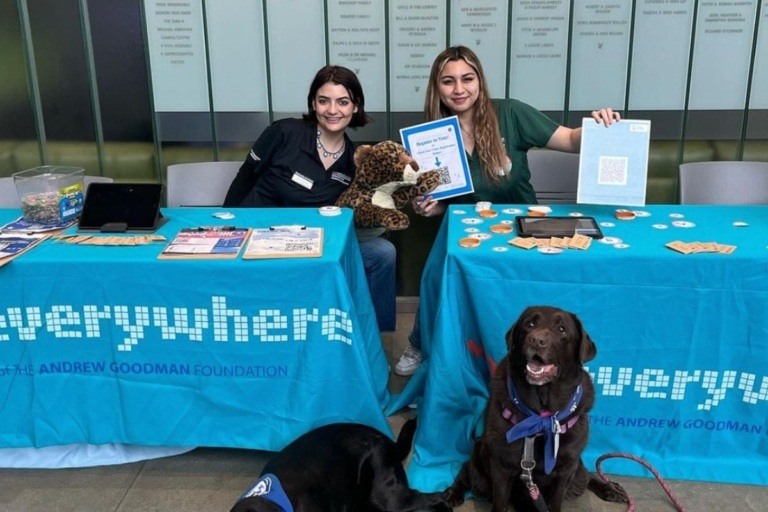Faculty Profile: Visiting Professor Michael O’Connor
Visiting Professor Michael O’Connor came to La Verne Law in January 2014. He is not new to law teaching, bringing both academic and practical experience to La Verne Law. While attending Yale Law School, he was the Student Director of two projects during the 1988-89 academic year: the Green Haven Prison Project and the Jerome N. Frank Prison Legal Services.
Professor O’Connor has had considerable experience in representing death-sentenced prisoners along with other criminal defendants. He managed a solo practice where he represented the Government of Mexico asserting consular rights of Mexican Nationals charged with capital crimes (2005-07), worked as a Deputy Federal Public Defender in the Capital Habeas Unit (1997-98), was a Senior Litigator for the Arizona Capital Representation Project (1994-96), and worked as a Staff Attorney for the Alabama Capital Representation Resource Center (1990-93), among some of his professional jobs.
One of Professor O’Connor’s most famous cases took place shortly after he graduated from Yale Law School in 1990. Along with Bryan Stevenson, he represented Walter McMillian, who was on death row in Alabama. They won McMillian’s release from death row after establishing that the police and prosecutors had falsified evidence to convict him for a crime he did not commit and withheld exculpatory evidence from the defense that would have proven his innocence. For that representation, Professor O’Connor was nominated and became a co-finalist for 1993 Trial Lawyer of the Year by the Trial Lawyers for Public Justice.
Prior to coming to La Verne Law, Professor O’Connor taught at Phoenix School of Law, the University of St. Thomas (Minn.) School of Law, and Arizona State University College of Law. He also served as a Teaching Fellow, National University of Ireland – Galway.
In addition to many law review articles, Professor O’Connor has written a number of books and book chapters, many regarding criminal law and human rights. A selection of his works includes:
- Federal Sentencing Law and Practice 2015 Edition (Hutchinson, Young, Popko, O’Connor & Rumann, West Criminal Practice Series, Thomson Reuters, 2015).
Co-authored latest edition of a text used by virtually all criminal defense lawyers, probation officers, U.S. Magistrates and U.S. Federal Court judges when in the process of sentencing (and challenging the sentences of) offenders in federal courts throughout the U.S.
- Public Law and Social Human Rights. Authored peer-reviewed chapter: Michael O’Connor, Arab Spring to American Winter: The Need to Embrace “Structured Spontaneous Disorder” in 21st Century Social Rebellions (Athens Institute for Education and Research, Frenkel, D.A. (ed.), 2013, Athens, Greece). His chapter examined the nature of social rebellions in the 21st century, how they are being influenced by modern communication methods and social media, and how permitting a level of social disorder may be essential to the stability of nations.
- Embry-Riddle National Security Conference, Symposium Collection. Authored chapter: Michael O’Connor, The Neo-Federalist Threat to National Security (Embry-Riddle National Aeronautical University Publications, pending publication). His chapter examined the confluence of water law, scarcity and what he terms “neo-federalism,” a reawakening of antebellum states’ rights doctrine that raises potential national security threats.
- Leading Cases of the Twentieth Century. Authored chapter: Michael O’Connor, Unbalancing the Separation of Powers: Clinton v. Jones (Sweet & Maxwell, Dublin, 2000). His chapter of this book examined the separation of powers implications of subjecting a President of the United States to civil process and potential liability while still in office.
- Plowshares and Swords: The Economics of Occupation in the West Bank. Co-authored with Richard Drury & Robert Winn with Michael O’Connor (Beacon Press, Boston, MA, 1992). Awarded Raphael Lemkin Prize for Outstanding Work in International Human Rights.
- Alabama Capital Defense Trial Manual, Second Edition. (Alabama Capital Representation Resource Center – currently the Equal Justice Initiative, 1992). He wrote sections of the book that provided practitioners with sample pleadings.
- Alabama Capital Postconviction Manual, Second Edition. (Alabama Capital Representation Resource Center – currently EJI, 1991). He wrote sections of the book that provided practitioners with sample pleadings.
When asked why he likes teaching at La Verne Law, Professor O’Connor said, “I love to teach. I think there is no higher calling than to help students to think critically about issues of justice, to identify how they might contribute to a more just society, and to obtain the skills necessary to achieve those goals.”
In his spare time, Professor O’Connor likes to make documentary films that focus on social justice and human rights issues.


